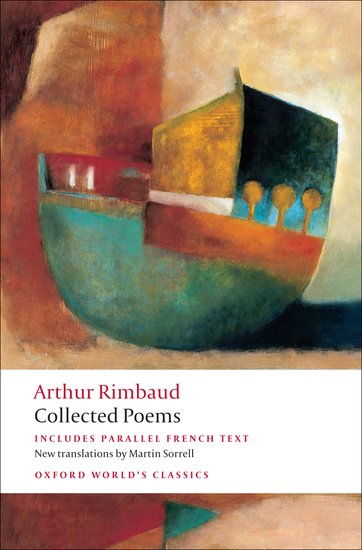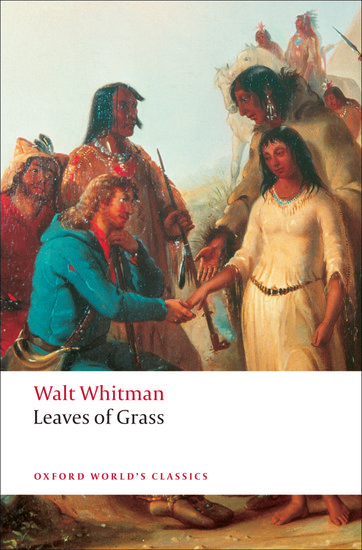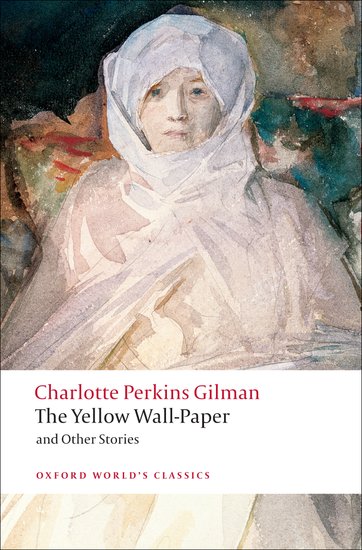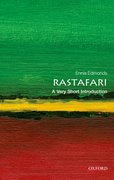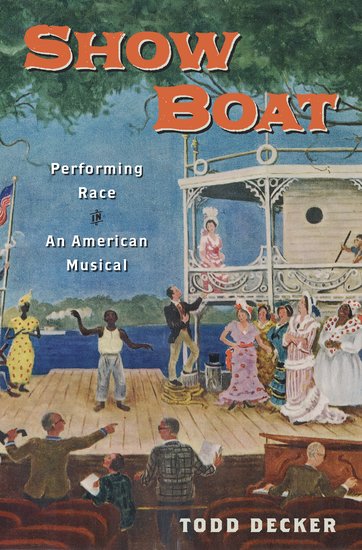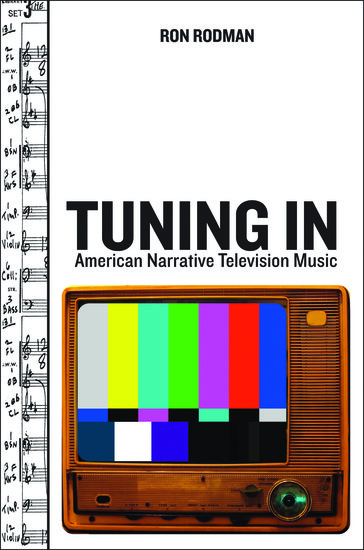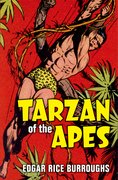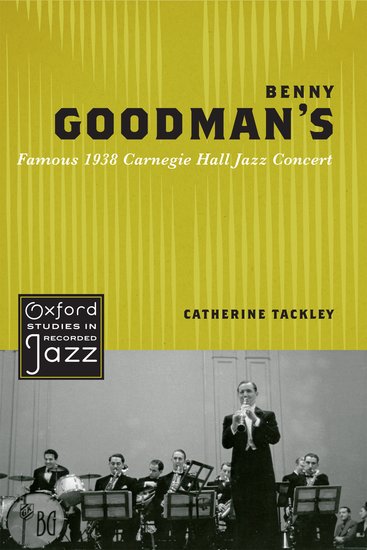Closeted/Out in the quadrangles
By Monica L. Mercado
“That was my radio show!” narrator David Goldman exclaimed, looking at copies of classified ads placed in the University of Chicago’s student newspaper during the late 1960s and early 1970s, when he was an undergraduate student. Goldman, a retired math teacher and one of the founders of the gay liberation movement at the University of Chicago, recently contributed his story to the Center for the Study of Gender and Sexuality (CSGS) research project.


